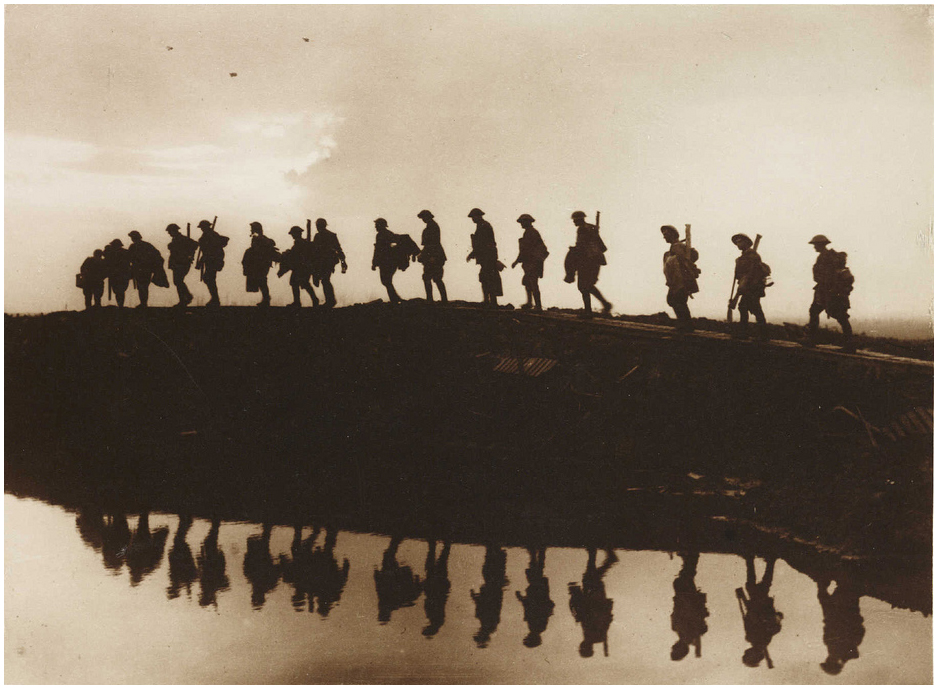
Amos Paran & Pauline Robinson look at some key principles to help you bring literature into the classroom.
I have always found literature to be an extremely powerful tool in the classroom. Maybe it’s because of my own love of literature – maybe I managed to convey some of my passion. Maybe the fact that I love literature made me try out more interesting lesson plans – for example, I think that the lessons in which I taught or used literature were much more learner centred than other lessons. I always felt that my learners enjoyed their literature lessons and we always had great discussions about important issues.
One important point to make about literature is the distinction between ‘teaching’ literature and ‘using’ literature. I always feel uneasy about these distinctions, but one thing that is always important is not to teach about the literature. The learners must be involved with it directly.
When I think back to my own lessons, or when I have observed other teachers use literature in their classroom, it seems to me that there are a number of principles that can make such lessons a success.
Principle 1: Teacher Engagement
The first principle is probably that teachers need to be engaged in the work that they are teaching – so the choice of the literature they are using or teaching is important. In some cases teachers have little choice about the piece that they are teaching – but some teachers then can use their negative reaction as a discussion point in class.
Principle 2: Appropriate Tasks
With some literary texts you can just plunge in; others will require more preparation. But the tasks that we construct are crucial in helping the learners make meaning with the literary texts and enjoying them. And by ‘tasks’ I don’t mean any activity or any discussion – I mean a focused activity for which there is a clear tangible outcome.
Principle 3: Relevance
Relevance refers to the connection between the learners’ lives and what is happening in the society around them and the literature that we use. Many of the works I have used in secondary classrooms concerned the construction of identity and finding one’s way in the world – a theme of huge importance to my learners. When I taught James Joyce’s Eveline in a secondary school, I had a young woman in my class who was going through the inner turmoil that Eveline goes through and ended up marrying in the last year of secondary school only to escape her home. Obviously, the themes which the story was bringing up were relevant not just to her but to the other learners in the class.
We can also connect literature to history and to our society’s view of historical events. For example, on July 1st 2016 we commemorated the 100th anniversary of the beginning of the battle of the Somme, one of the bloodiest battles in history. Learners can be made aware of this through literary works from World War 1 by poets such as Wilfred Owen and Isaac Rosenberg, both of whom were killed in the war.

Principle 4: Student Choice
Outside the classroom we normally choose what we want to read; if we don’t enjoy what we read, we stop. In class this doesn’t happen often, although we know that ‘As students perceive that teachers respect them enough to provide genuine choices, students increase their effort and commitment to learning’ (Guthrie & Wigfield 2000: 412). If we provide a choice for our students – for example, by offering them a choice of three or four books from which they have to choose one that the class will study – we increase their investment in the class and create a space where the learners have a voice too. This choice can be extended to other areas too.
Principle 5: Continuous Support and Engagement
Learner engagement with literary texts is not something that is achieved miraculously on day 1 of class: like other areas in teaching, this is something that we need to work on continuously. For example, bringing in a short poem once a week and devoting five or ten minutes to reading or discussing it in class can sometimes be more effective than spending a long time on one piece and analyzing it in great depth. We need to move away from what I like to call ‘the tyranny of totality’, the idea that our learners have to know everything about the piece we are learning (or indeed, that we need to be absolute experts about it!) Literature is there to be enjoyed and experienced, and it can be experienced at many levels.
Bibliography
Guthrie, J. T. and Wigfield, A. (2000) Engagement and motivation in reading. In P.B. Mosenthal, M.L. Kamil, P.D. Pearson and R. Barr (eds.), Handbook of Reading Research, Vol. III. Mahwah, NJ: Erlbaum. pp. 403-422.
Amos Paran started his professional career in Israel, where he taught EFL in secondary schools and trained teachers. His main areas of interest are literature in language teaching and the teaching of reading and he has published widely in this area.
Based for many years at the University of Reading, Pauline directed language courses and taught on the MA TEFL programme. She has taught on short courses for students and teachers in many parts of the world, especially in Europe and Asia.


Reblogged this on hungarywolf.
Reblogged this on hungarywolf.
[…] https://teachingenglishwithoxford.oup.com2016/07/06/conveying-passion-bringing-literature-into-the-classroom/ […]
I think this is a massive area to cover with Englisg learners. I wish I had the time and resources to be able to add more literature based classes. We have a system for the younger teenage learners where they have to read 6 or 7 books over the term. The idea is to improve their vocab and just let them enjoy reading, some of them actually do, when the books are decent enough.
What do you think about using readers in class?
Thanks for the input.
Barry
[…] deemed inferior and students get marks. For organization, a great resource for you personally is Conveying Passion: Bringing Literature Into the Classroom – Oxford University Press most likely the informative article. There are not some studies and sciences that may be […]
[…] regarding produce some thing beneficial to persuasive essay writing, then you have got Conveying Passion: Bringing Literature Into the Classroom – Oxford University Press to write about some thing which you are extremely enthusiastic about, and some thing which you are […]